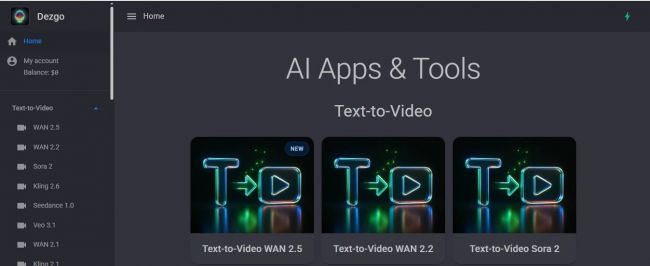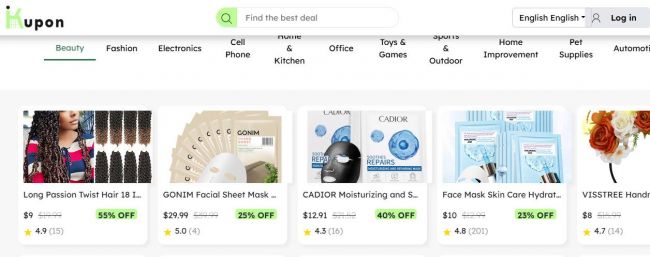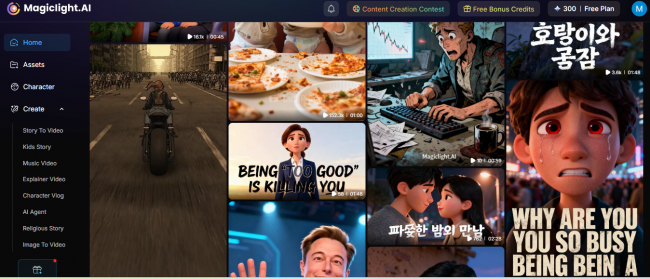ACL Digital, part of the €4.07 billion ALTEN Group, delivers engineering and IT services with a focus on regulated and high-tech industries. Established in 1992, it operates delivery centers in India (Bengaluru, Pune, Noida) and client-facing offices in North America, Europe, and Asia-Pacific. The firm employs roughly 5,000–6,000 staff, giving it enough scale for multi-year programs but without the operational bulk of global giants.
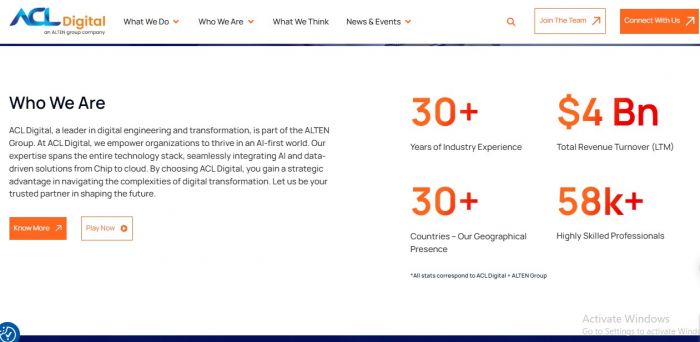
Service Capabilities in Practice
Product Engineering & Embedded Systems
ACL Digital’s strongest capability lies in embedded software, IoT platforms, and device connectivity for sectors like medical devices and automotive electronics. They have delivered FDA-compliant systems, ADAS (Advanced Driver Assistance Systems) modules, and remote patient monitoring platforms. While competitors like HCLTech and LTTS also operate in this niche, ACL Digital differentiates itself by pairing embedded engineering with UI/UX and cloud integration, reducing vendor fragmentation for clients.
Digital Experience & UX Engineering
Unlike creative agencies, ACL Digital applies usability engineering to ERP dashboards, manufacturing HMI systems, and enterprise apps. This includes WCAG accessibility compliance and data-driven layout testing. Their work favors function over aesthetics, which benefits enterprise adoption rates but means they lack a portfolio of high-profile consumer apps, making them less attractive for brands wanting design-led market differentiation.
Cloud & DevOps Enablement
Projects include Kubernetes-based telecom orchestration systems, BFSI cloud migrations with infrastructure-as-code, and AWS/Azure hybrid workloads. Security and compliance are their selling points — useful for regulated industries but less competitive for startups or digital-first firms prioritizing speed over governance. Competitors like Persistent Systems and Capgemini have more pre-built accelerators, enabling faster deployments in certain use cases.
Enterprise IT & Consulting
ERP rollouts, system integration, and managed IT services are available but lack a distinct competitive angle. In this segment, ACL Digital is often one of several bidders rather than a go-to name, competing largely on cost-efficiency.
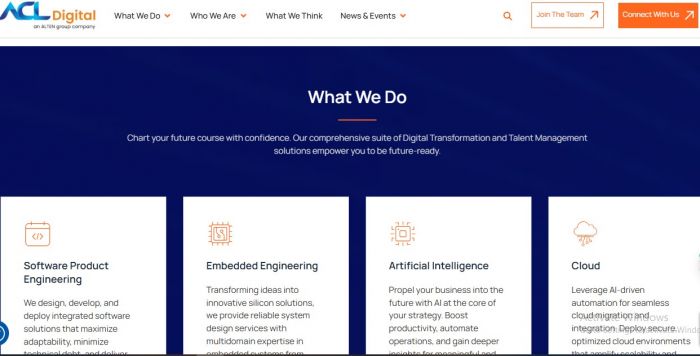
Competitive Benchmark
| Parameter | ACL Digital | HCLTech | LTTS | Persistent Systems |
|---|---|---|---|---|
| Employee Strength | ~6,000 | 224,000+ | 22,000+ | 23,000+ |
| Engineering Focus | High (Embedded + IoT) | High | Very High | Medium |
| Cloud Specialization | Moderate (Regulated sectors) | Strong | Moderate | Strong |
| Global Brand Recognition | Low | High | Medium | Medium |
| Cost Advantage | Good | Moderate | Moderate | Good |
ACL Digital’s value proposition lies in high-quality technical execution for mid- to large-scale projects without the bureaucracy of large integrators. However, its low brand visibility means that in competitive RFPs, internal stakeholders sometimes default to better-known vendors.
Client Delivery Reality
Clients report accurate execution against requirements and adaptability to scope changes — valuable in long-term engineering projects. However, ramp-up times can extend when projects require niche expertise not immediately available in delivery centers, forcing them to tap ALTEN’s global pool. This dependency can cause delays in high-speed engagements.
Employee Insight
Glassdoor (~3.8/5) and AmbitionBox (~3.9/5) reviews indicate strengths in cross-industry exposure and learning opportunities due to diverse project work. Weaknesses include work-life balance during peak delivery cycles and bench-to-project deployment lags. For talent, ACL Digital is appealing to engineers wanting exposure to regulated product design but less so for creative technologists seeking high-visibility consumer projects.
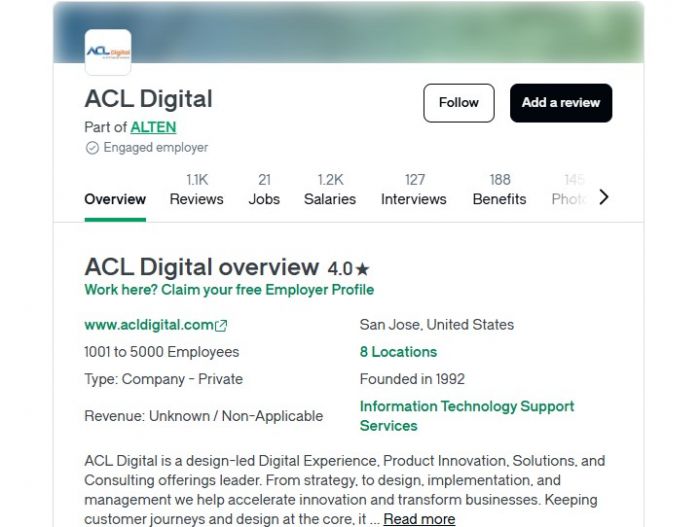
Suitability Matrix
Best Fit For:
- Regulated industries (Healthcare, Automotive, BFSI)
- Engineering-heavy transformation projects requiring embedded, UI, and cloud integration
- Organizations seeking mid-sized agility with enterprise-grade compliance
Not Ideal For:
- Projects needing an instant 500+ seat ramp-up in multiple countries
- Consumer-facing digital launches requiring heavy branding and marketing integration
Ratings
- Technical Depth: 8.5/10
- Delivery Agility: 8/10
- Global Scale: 6.5/10
- Brand Recognition: 6/10
ACL Digital is not a “one-size-fits-all” vendor. For the right type of project — especially those where engineering discipline outweighs flashy presentation — it can outperform larger, better-known competitors. But its scale and visibility constraints mean careful project scoping is critical before engagement.
Post Comment
Be the first to post comment!
